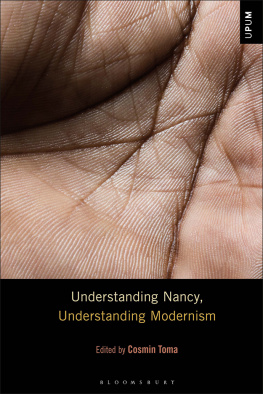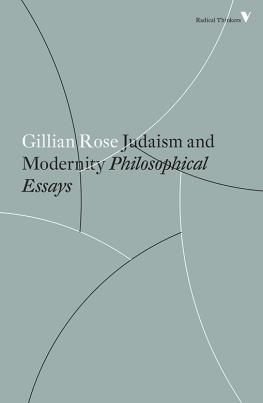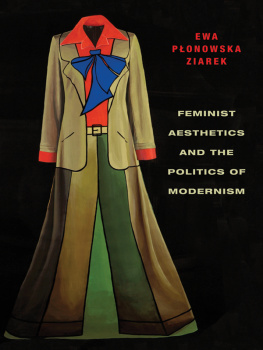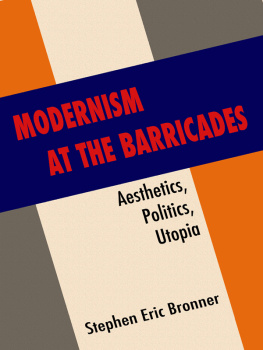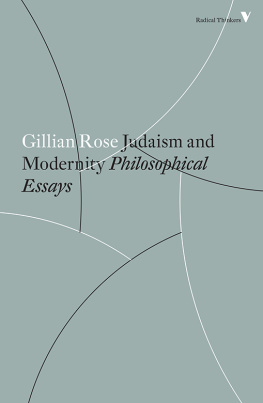Development, Modernism and
Modernity in Africa
Routledge African Studies
1 Facts, Fiction, and African
Creative Imaginations
Edited by Toyin Falola and
Fallou Ngom
2 The Darfur Conflict
Geography or Institutions?
Osman Suliman
3 Music, Performance and
African Identities
Edited by Toyin Falola and
Tyler Fleming
4 Environment and Economics in
Nigeria
Edited by Toyin Falola and
Adam Paddock
5 Close to the Sources
Essays on Contemporary African
Culture, Politics and Academy
Abebe Zegeye and Maurice Vambe
6 Landscape and Environment in
Colonial and Postcolonial Africa
Edited by Toyin Falola and
Emily Brownell
7 Development, Modernism and
Modernity in Africa
Edited by Augustine Agwuele
First published 2012
by Routledge
711 Third Avenue, New York, NY 10017
Simultaneously published in the UK
by Routledge
2 Park Square, Milton Park, Abingdon, Oxon OX14 4RN
Routledge is an imprint of the Taylor & Francis Group, an informa business
2012 Taylor & Francis
The right of Augustine Agwuele to be identified as the author of the editorial material, and of the authors for their individual chapters, has been asserted in accordance with sections 77 and 78 of the Copyright, Designs and Patents Act 1988.
Typeset in Sabon by IBT Global.
Printed and bound in the United States of America on acid-free paper by
IBT Global.
All rights reserved. No part of this book may be reprinted or reproduced or utilised in any form or by any electronic, mechanical, or other means, now known or hereafter invented, including photocopying and recording, or in any information storage or retrieval system, without permission in writing from the publishers.
Trademark Notice: Product or corporate names may be trademarks or registered trademarks, and are used only for identification and explanation without intent to infringe.
Library of Congress Cataloging-in-Publication Data
Development, modernism and modernity in Africa / edited by Augustine
Agwuele.
p. cm. (Routledge African studies ; 7)
Includes bibliographical references and index.
1. Economic developmentSocial aspectsAfrica. 2. Africa
Social conditions1960 3. AfricaPolitics and government
1960 4. AfricaEconomic conditions1960 I. Agwuele,
Augustine. II. Series: Routledge African studies ; 7.
HC800.D4844 2012
338.96dc23
2011023772
ISBN13: 978-0-415-89924-6 (hbk)
ISBN13: 978-0-203-15757-2 (ebk)
For
Lena Adama
Hannah Chioma
Pieter Amechi
Helga Nneka
Gewidmet unserer Greta Ugonnma, Ruhe Sanft.
Contents
Introduction: Betwixt Modernism and Modernity
AUGUSTINE AGWUELE
PART I
Modernism/Modernity: Sociocultural Transformation
1 Between Delayed Modernity and Deferred Democracy:
Africas Troubled Takeoff
ALI A. MAZRUI
2 A Critique of Cornel Wests Race and Modernity
HETTY TER HAAR
3 Chieftaincy, Collective Interests and the Dagomba New Elite
DEBORAH PELLOW
4 Murid Identity and Wolof Ajami Literature in Senegal
FALLOU NGOM
5 From Village Square to Internet Square: Language and
Culture at the USA Africa Dialogue Series
AUGUSTINE AGWUELE
6 llr: A Didactic Approach to Yoruba Education
MICHAEL O. AFLYAN
PART II
Modernism/Modernity: Arts, Media and Religion
7 The Old Chestnut of African Cultural Production:
Insiders and Outsiders
KENNETH W. HARROW
8 Strategic Collaborations between Nigerians and Germans:
The Making of a Yoruba Culture Movement
DEBRA KLEIN
9 Interrogating the African Artist: Interviews, Penetration
and Muholic Occupation
MOYOS OKEDIJI
10 Re-Imagining West African Womens Sexuality:
BekolosLes Saignantesand the Mevoungou
NAMINATA DIABATE
Matangazo ya Biashara na Jinsia: Gender Stereotypes and
Advertisements in Kenya
MAURICE NYAMANGA AMUTABI
12 From Kamrth to XYZ-Show: Between Cultural Flaws and
Democratic Change in Independent Kenya
HANNINGTON OCHWADA
13 African Christianity: Its Scope in Global Context
CALEBO O. OLADIPO
14 Women and Islam in Urban Burkina Faso: Piety between
Definitions and Interpretation
LIZA DEBEVEC
PART III
Development: Economic and Political Transformation
15 Globalization and the Governance of Foreign Direct
Investment in Africa
ROSHEN HENDRICKSON
16 The Fulani Land/Settlement Question in British Southern
Cameroon, 19161960
EMMANUEL M. MBAH
17 Imminent Colonialism: Violence on Lutheran Mission Stations
and the Ending of the Precolonial Zulu State
KIRSTEN RTHER
18 Colonialism and Cultural Change in Africa
JULIUS O. ADEKUNLE
19 Reengineering Social Institutions for Peace and Development:
The Case of Postgenocide Rwanda
WANJALA S. NASONGO
Introduction
Betwixt Modernism and Modernity
Augustine Agwuele
RUPTURE AND ENRUPTURE
After two decades of sojourn, I have cause to be back in Ibadan, western Nigeria. Particularly shocksing was May 16, 2010, when I saw a man stretched out on the ground. He was sleeping right there on the concrete divide that separates north from south bound traffic. It was about 8:30 am. Policemen who direct traffic were standing close to the sleeping man; they continued directing traffic oblivious of him. It must be normal. The junction where he lay is called Mokola roundabout. It is a four-way junction with very heavy traffic especially during the morning commute. The roundabout connects significant governmental, commercial, educational and residential areas of modern Ibadan. Homeless person in Ibadan! Sleeping in public, seen by everyone, and it all looked very normal! Usually, one would see mothers wear a look of pain as they lament in a most pitiful voice the birth and now loss of such a child.
I have seen many homeless people in America and Europe; they are wards of the state. But homeless people in the city of Ibadan! This is new and out of place. The images of Ibadan which I have carried in my memory in the two decades preceding this date did not include homeless people of this kind. There were crazy, mad people who roamed the street in the day time begging for money and harassing normal people. Children feared them, called them names and sang songs to taunt them and then ran away when these mad people approached them. However, immediately night falls, these mad people mysteriously disappear. The only people that slept outside were Hausa people employed as guards to homes and properties. They were called me-gad, pronounced may-gaad. Popular perception at the time was that me-gads have powerful charms that protect them from harms; also they were not considered suitable material for making ogun (charms) of various kinds, a very powerful deterrence to staying out late. Aside from narratives of faraway places and very big cities like Lagos ridden with


